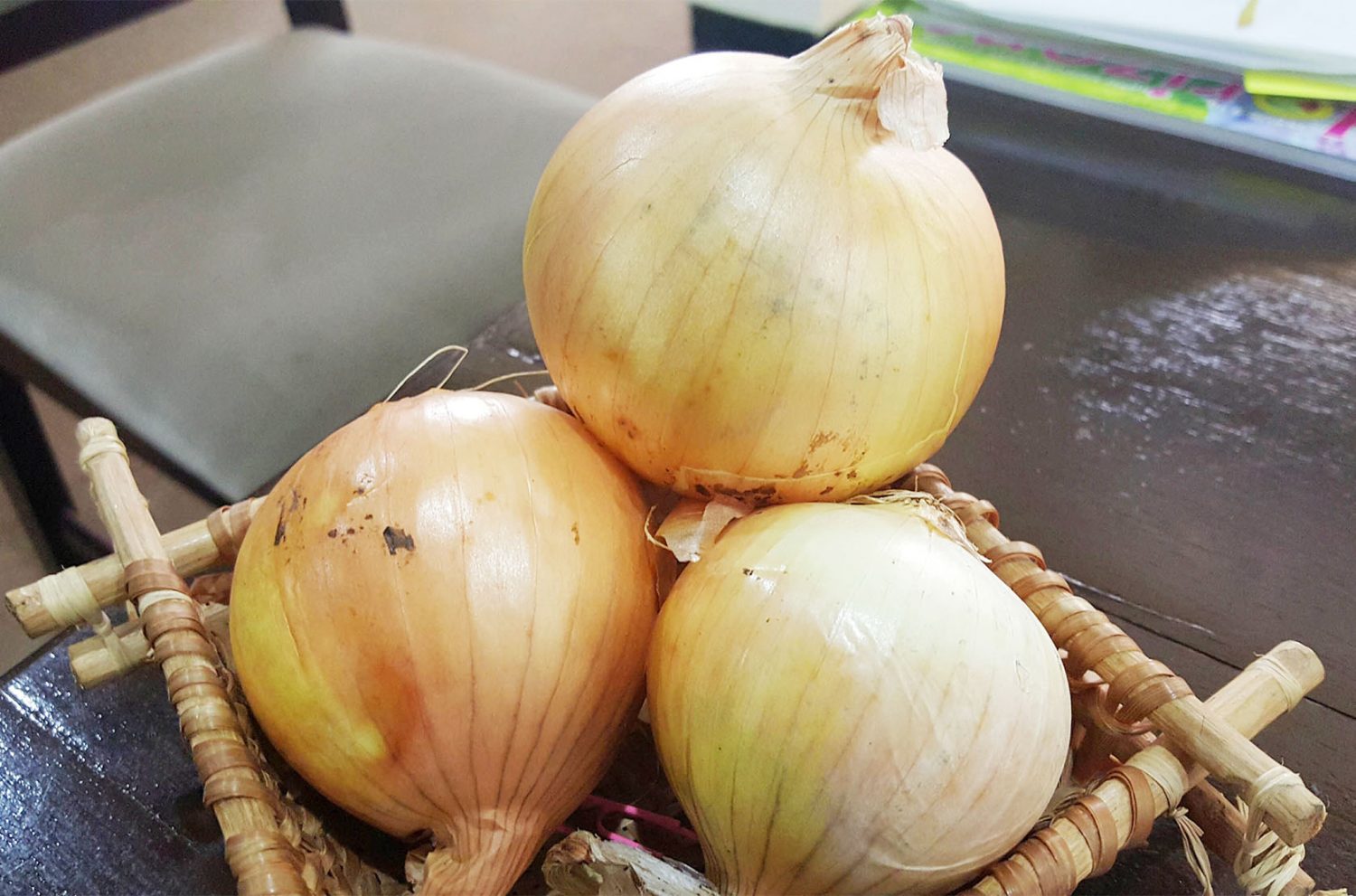Between January and September last year the National Plant Protection Organization (NPPO) issued a total of 370 permits for the importation of food crops and vegetation into Guyana.
The NPPO’s parent organization, the National Agricultural Research and Extension Institute’s concerns over the ‘importation’ of plant pests that could compromise the country’s agriculture has meant that the authorities here have had to rigidly apply the regulations pertaining to such importation.
The vigilance of the NPPO, an article in the most recent issue of the NAREI publication, Agriculture Today, Our Future says is informed by the high priority which authorities place on national food security, given the possible implications arising out of global trade in plants and plant material for the intrusion of external pests and diseases that can find their way into the country through imported foods.
In an article published in the periodical, NAREI disclosed that between January and September last year the NPPO issued 370 permits for the importation of food crops and vegetation including potatoes, onions, garlic, wheat and cut flowers.
The NPPO, the article says, is increasingly being pressed into service to ensure that importers comply with local regulations pertaining to the importation of plants, a likely conduit for pests and diseases. The article echoes sentiments expressed to the Stabroek Business by NAREI’s Director Dr. Oudho Homenauth regarding what he says is the “high priority” being placed on the NPPO and its functions.
The article appearing in the current issue of Agriculture Today addresses the current collaborative efforts of the NPPO and the Guyana Revenue Authority (GRA) to ensure that applications for the importation of commodities are handled within the strict confines of the country’s import procedures and that import inspections are undertaken by the NPPO “with the specific objective of verifying the conformity of the imports with local phytosanitary requirements in order to prevent the entry and spread of pests.
The Plant Protection Act stipulates that “consignments” can only be imported into Guyana “by the issue of an import permit granted by the Institute.” Such imports, Dr. Homenauth had told this newspaper are subject to tight controls in several countries though the article says that Guyana has not, up until now, imposed any trade restrictions on other countries in order to prevent pest risks, utilizing instead the tool of Pest Risk Analysis (PRA) in determining whether or not Guyana grants permission for particular commodities from specific countries.
Pest risk analysis is the process of evaluating biological or other scientific evidence to determine whether an organism is a pest, whether it should be regulated and the strength of phytosanitary measures to be taken against it. The prevailing regulations require importers to register with NAREI.
The NPPO, according to NAREI, is fully supported in its work by the GRA in ensuring that importers comply with national regulations pertaining to the importations of plants including the correct completion of supporting documents.





